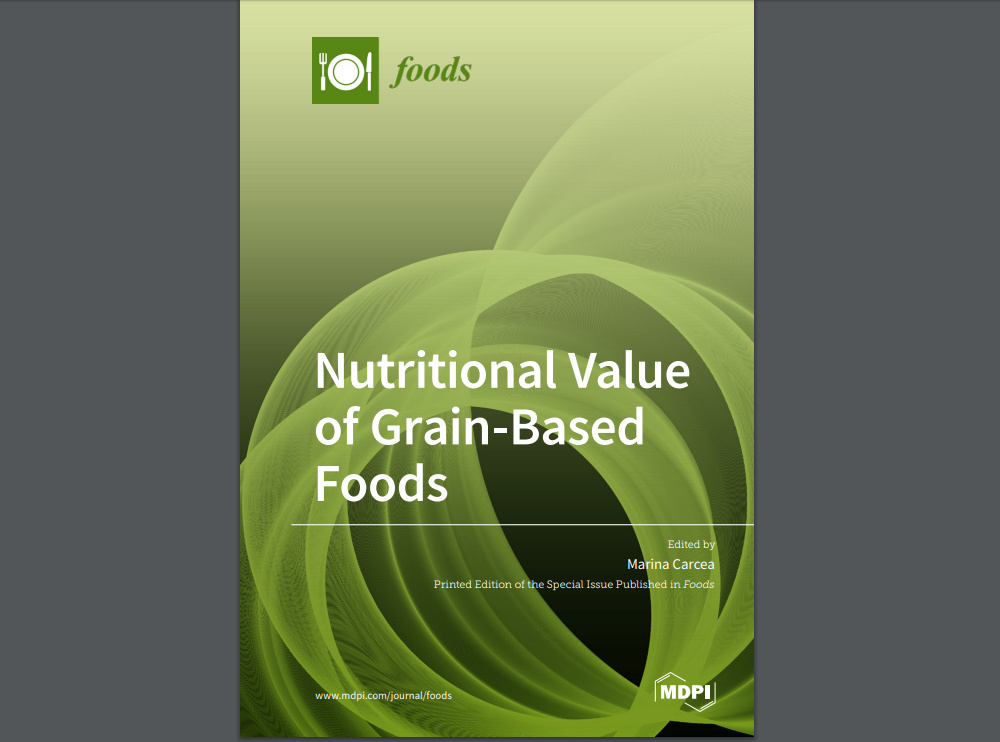
Grains are fundamental in the daily diets of many people worldwide; they are used for the production of popular foods, such as bread, bakery products, breakfast cereals, pasta, couscous,
bulgur, and snacks. Botanically, they are the seeds of plants, belonging mainly to the groups of cereals, pseudocereals, and legumes.
They contribute macronutrients to the human diet, mainly
carbohydrates, but also proteins and lipids, and micronutrients, such as vitamins and minerals.
They are also an important source of dietary fibre and bioactives, particularly wholegrains, which are of interest for the manufacturing of high value foods with enhanced health benefits. They can be used
for the production of gluten-containing (as well as gluten-free) products. One of the main objectives of the food industry when producing grain-based foods is to manufacture safe, attractive products,
with enhanced nutritional value to respond to consumer expectations. The following Special Issue “Nutritional Value of Grain-Based Foods” consists of one review and eight original research papers that contribute to the existing knowledge of important ingredients, such as fat substitutes, and of the technological quality and nutritional role of grains and grain-based foods (gluten-containing and gluten-free), such as bread, muffins, and muesli bars
Read the full book.
Nutritional_Value_of_GrainBased_Foods.pdf (4.1 MB)
https://doi.org/10.3390/books978-3-03936-211-0
© 2020 by the authors; CC BY licence
